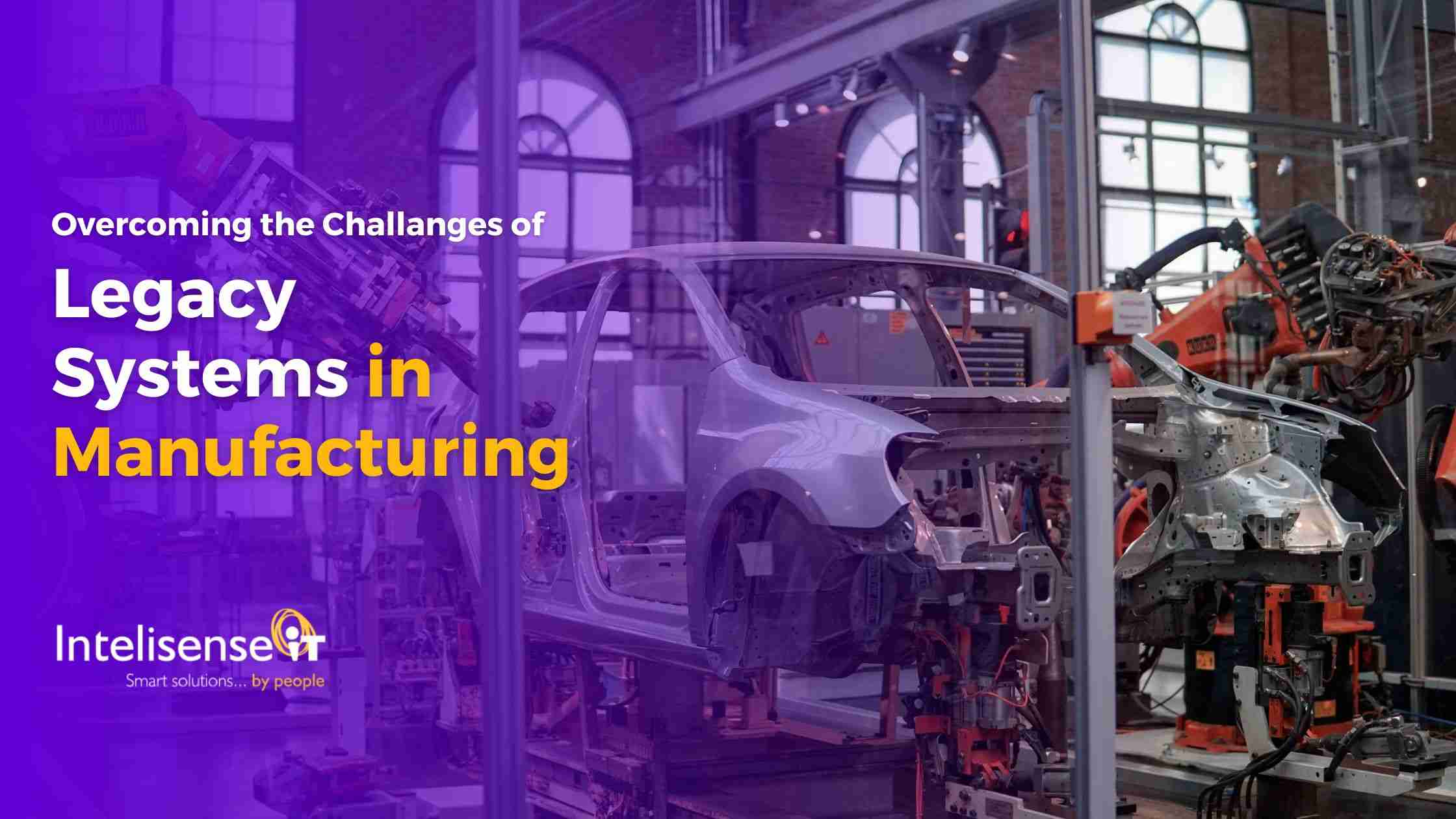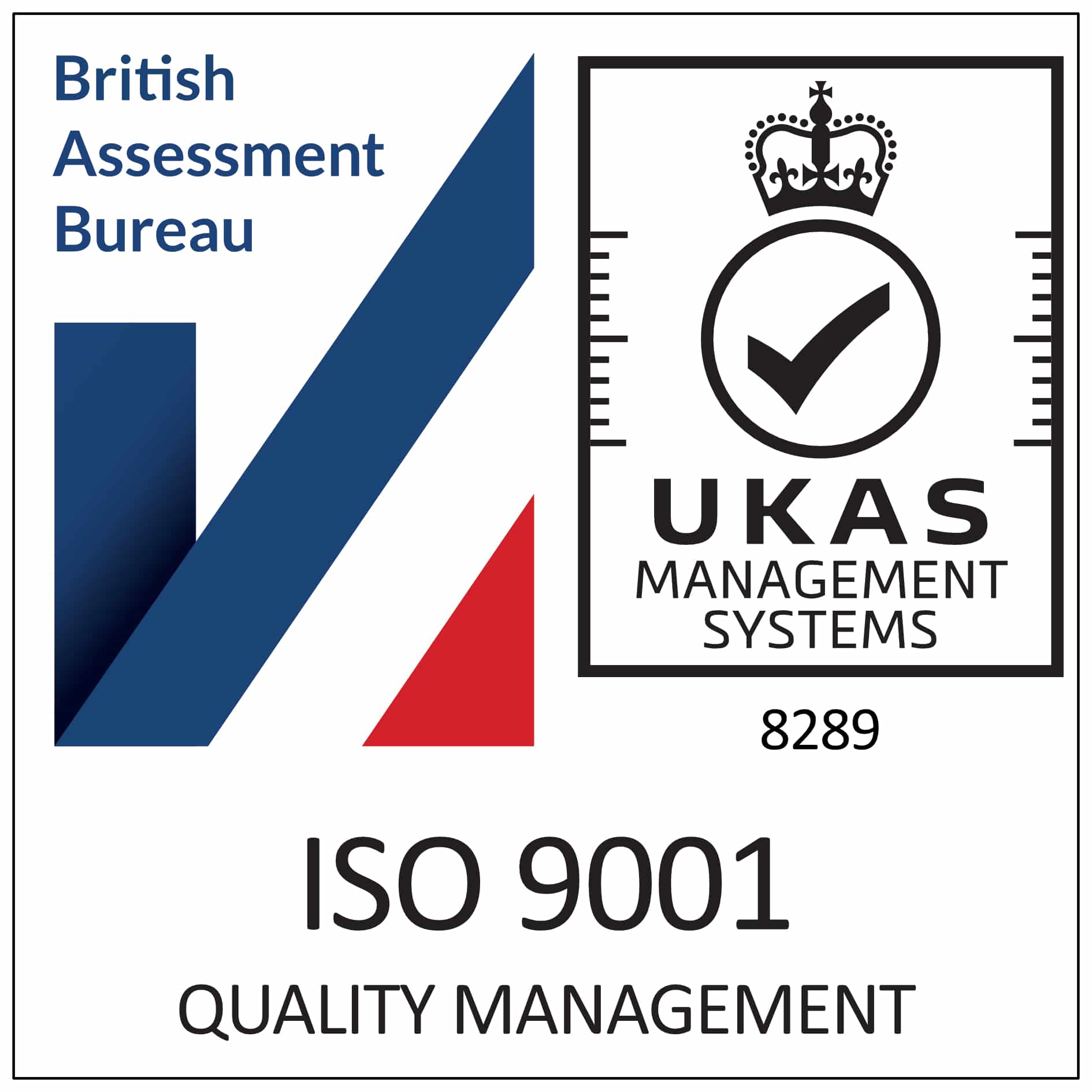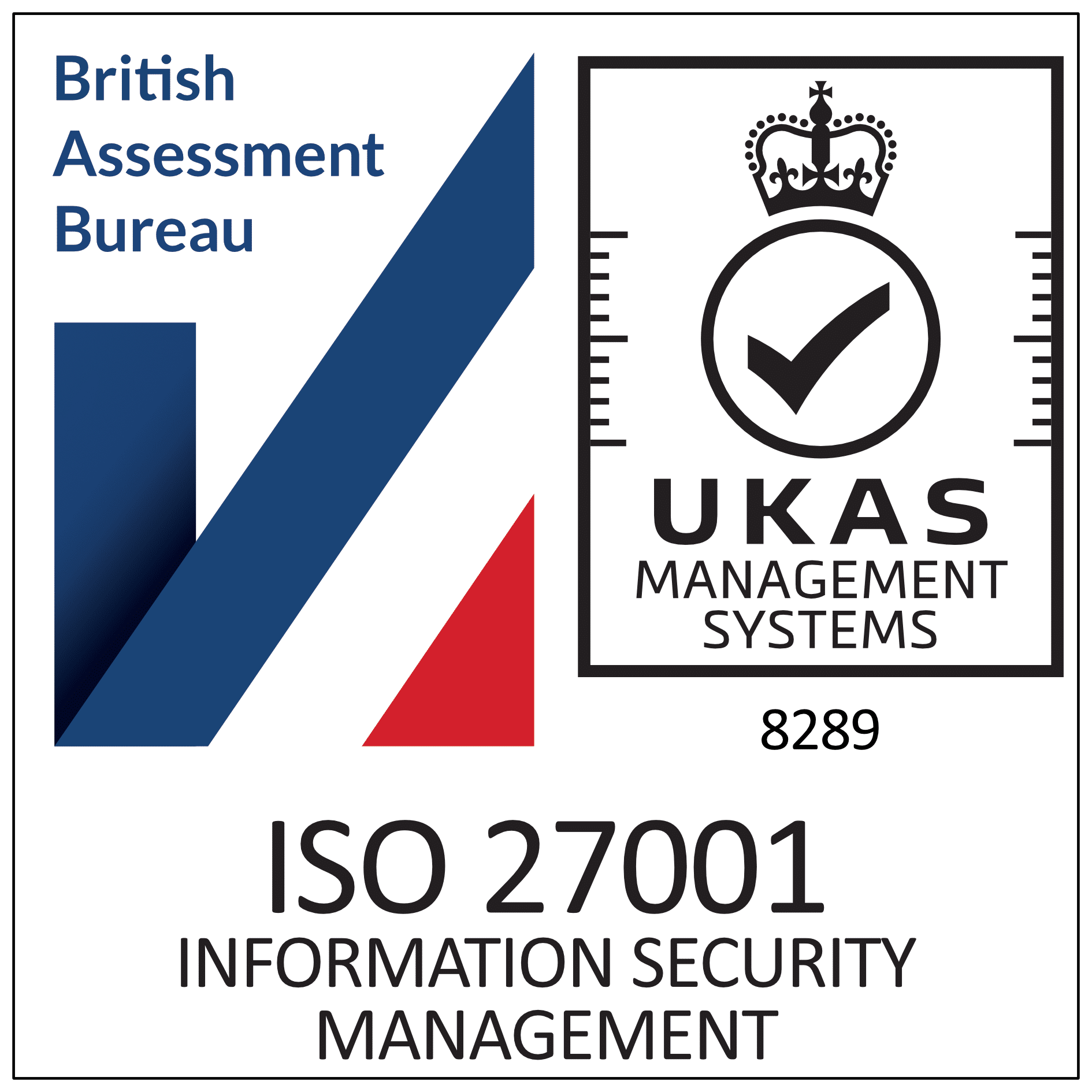Overcoming the Challenges of Legacy Systems in Manufacturing
In the dynamic world of manufacturing, companies are constantly seeking ways to improve efficiency, drive innovation, and stay competitive. However, many manufacturers are still struggling with outdated legacy systems that hinder progress. In this blog post, we will explore the limitations of legacy systems, the challenges they pose, and how transitioning to modern solutions like cloud technology can revolutionise manufacturing operations.
What Are Legacy Systems?
Legacy systems refer to outdated computer systems, software applications, or technologies that are still in use despite being obsolete. These systems were once the backbone of manufacturing operations but now stand as significant barriers to progress due to their rigid and outdated architecture.
Common Limitations and Problems

Operational Inefficiencies
Legacy systems often require manual intervention or workarounds to perform tasks that modern solutions can automate. This inefficiency leads to increased cycle times, higher error rates, and reduced productivity.
Security Vulnerabilities
As vendors stop supporting older systems, they cease to provide updates, including critical security patches. This lapse makes legacy systems particularly vulnerable to cyber threats, which could lead to data breaches and system compromises.
Data Silos
Older systems were not designed for the interconnectedness that modern operations demand. They often operate in isolation, creating data silos that prevent the seamless flow of information across the enterprise.
Difficulty in Scaling
Legacy systems are typically hard to scale to meet growing business demands. This can hinder a manufacturer’s ability to expand operations or quickly adapt to market changes.
Compliance Risks
Regulatory compliance often requires up-to-date systems that adhere to current standards. Legacy systems may fall short of meeting new compliance requirements, exposing businesses to legal and financial penalties.
High Maintenance Costs
Contrary to what many believe, maintaining outdated technology can be more expensive than investing in new technology. This is due to the higher costs of specialised skills, spare parts, and extended downtimes for repairs.
The Impact of Legacy Systems on Manufacturing

The inflexibility of legacy systems can be costly, not just in terms of direct maintenance expenses but also in lost opportunities. Manufacturers tied to these systems struggle to respond swiftly to customer demands, which can lead to decreased customer satisfaction and lost sales. The lack of agility hinders innovation, preventing businesses from exploring new market opportunities and operational models that require a more modern IT infrastructure. As competitors move forward with more adaptable and cost-effective technological solutions, businesses stuck with legacy systems risk falling irretrievably behind.
The Promise of Modern Solutions
To overcome the challenges posed by legacy systems, many manufacturers are turning to modern solutions like cloud technology. This transition represents a radical shift in how manufacturing companies can operate, offering numerous benefits:
Scalability and Flexibility
Cloud-based systems offer unparalleled scalability and flexibility, allowing manufacturers to respond agilely to fluctuating demands without significant capital investments.
Enhanced Data Security
Cloud providers invest heavily in the latest security measures, including advanced encryption, firewalls, and intrusion detection systems, to safeguard data against emerging cyber threats.
Cost Efficiency
Migrating to the cloud transforms capital expenditure (CAPEX) into operational expenditure (OPEX), leading to substantial cost savings. Manufacturers can eliminate costs associated with purchasing, maintaining, and upgrading physical servers and other hardware.
Improved Collaboration and Accessibility
Cloud computing enables real-time collaboration across different locations and time zones. Teams can access, share, and work on documents simultaneously, regardless of location, using any internet-connected device.
Real-Time Data and Analytics
The ability to collect and analyse data in real-time is a significant advantage provided by cloud computing. Manufacturers can track production metrics, supply chain logistics, and customer engagement statistics as they happen, enabling swift decision-making.
Conclusion
The challenges posed by legacy systems in manufacturing are significant, but they are not insurmountable. By transitioning to modern solutions like cloud technology, manufacturers can overcome these barriers, enhance operational efficiency, and stay competitive in a rapidly evolving market. It’s time to move beyond outdated systems and embrace the future of manufacturing with agility, security, and innovation.
Ready to Transform?
Explore how Intelisense IT can help you transition from legacy systems to cloud-based solutions and revolutionise your manufacturing operations. Read our new eBook to learn more, or contact us to learn more and start your digital transformation journey today.




